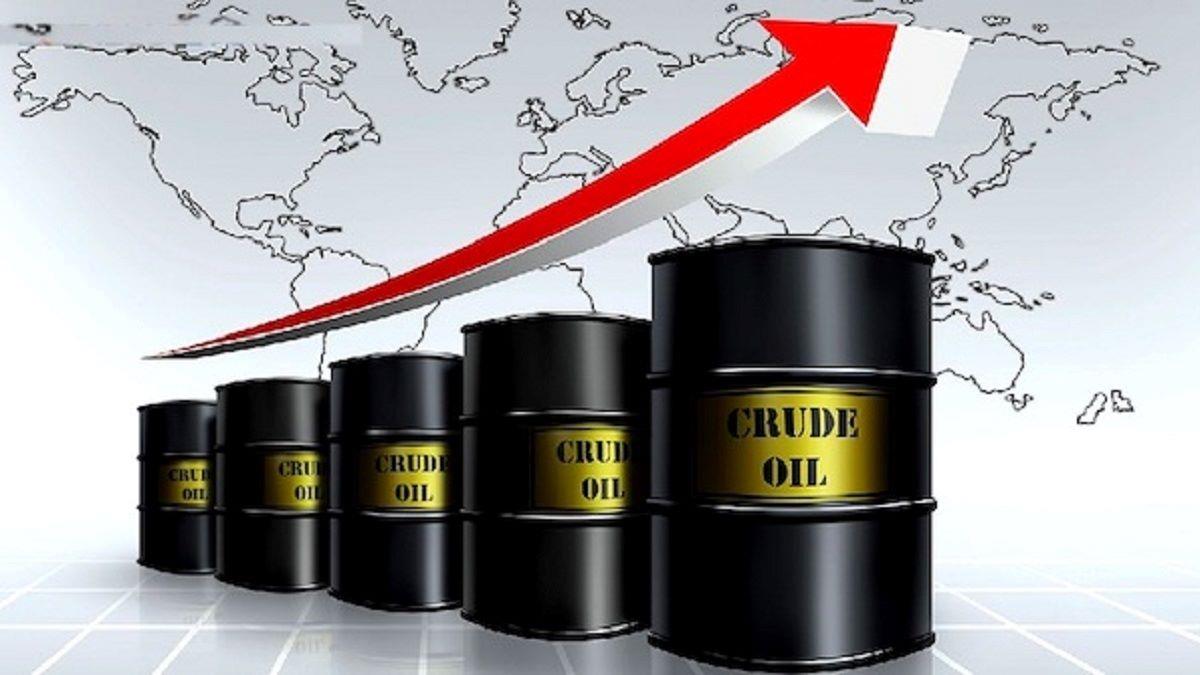Brent crude futures continued their upward trajectory at the weekend, rising by 8 cents (0.1 per cent) to $74.11 per barrel as of 0949 GMT.
This marks the commodity’s longest winning streak since May 2022, extending an eight-day rally. Similarly, U.S. West Texas Intermediate (WTI) crude inched up by 5 cents (0.1 per cent) to $69.97 per barrel, reinforcing bullish market sentiment.
Both Brent and WTI benchmarks have surged approximately 2.5 per cent last week and recorded a cumulative gain of around 7 per cent since hitting multi-month lows in early March.
Analysts attribute the sustained price rally to tightening global supply, exacerbated by escalating U.S. sanctions on Venezuela and Iran.
June Goh, senior oil analyst at Sparta Commodities, explained the situation, stating: “The potential loss of Venezuelan crude exports to the market due to secondary tariffs and the possibility of similar restrictions on Iranian barrels has created an apparent tightness in crude supply.”
President Donald Trump imposed a 25 per cent tariff on buyers of Venezuelan crude, further complicating trade for the South American nation, which heavily relies on oil revenues.
In a similar move, Washington has also reinforced sanctions against Chinese imports of Iranian oil. This has introduced further uncertainty in global energy markets, as China remains one of Iran’s primary crude buyers.
India’s Reliance Industries, the operator of the world’s largest refining complex, is reportedly planning to halt imports of Venezuelan crude.
READ ALSO: Petrol prices set for potential decline amid falling crude oil costs, stable Naira
Sources familiar with the matter suggest that the firm is taking a cautious approach in light of the evolving geopolitical landscape.
While supply constraints remain a dominant factor in the oil market, signs of strengthening demand in the U.S. have provided additional support to crude prices.
The Energy Information Administration (EIA) recently reported a significant drop in U.S. crude inventories, with stockpiles decreasing by 3.3 million barrels last week.
This far exceeded market expectations of a 956,000-barrel decline, highlighting robust demand conditions.
Despite the ongoing rally, analysts warn of volatility ahead as trade conflicts and economic uncertainties persist.
According to a market commentary by BMI analysts, “While the market is suffering under extreme uncertainties, we are holding to our forecast for Brent crude to average $76 per barrel in 2025, down from $80 per barrel in 2024.”
For oil-dependent nations like Nigeria, the rising crude price presents a mixed economic scenario. On one hand, higher oil prices bolster government revenues, as the current price of Brent oil nears Nigeria’s 2025 budget benchmark of $75 per barrel.
However, experts caution that elevated crude prices could contribute to inflationary pressures on citizens, particularly through increased pump prices and higher costs of imported goods.

 Entertainment5 days ago
Entertainment5 days ago
 Health1 week ago
Health1 week ago
 Health4 days ago
Health4 days ago
 Football1 week ago
Football1 week ago
 Football1 week ago
Football1 week ago
 Crime4 days ago
Crime4 days ago
 Crime1 week ago
Crime1 week ago
 Education6 days ago
Education6 days ago

